A High-Tech Drone Solution to an Age-Old Problem
Mississippi is facing a significant environmental and economic challenge due to the proliferation of wild hogs across the state. Recognizing the severity of the issue, lawmakers are now considering a groundbreaking proposal aimed at curbing the wild hog population through the use of advanced technology. The initiative, embodied in the “Johnny Kakales Act” or Senate Bill 2662, seeks to reportedly legalize the use of drones for hunting these invasive swine on private lands. This measure mirrors efforts in other states, such as Texas, where drones equipped with thermal imaging have already proven effective in managing hog populations.
The Growing Threat of Wild Hogs
Wild hogs are more than just a nuisance; they are a formidable threat to Mississippi’s ecosystem and economy. Found in all 82 counties, these invasive creatures wreak havoc on agricultural fields, destroy infrastructure, and compete with native species for food and habitat. The damage inflicted by these animals is not trivial, with an estimated economic toll ranging between $60 to $70 million annually. Despite concerted efforts to control their numbers, including a significant harvest of more than 300,000 hogs during the 2019-2020 deer season, the population remains robust and damaging.
Senate Bill 2662: A Closer Look
Introduced by State Sen. Ben Suber, the bill targets the regulation of “nuisance animals” and specifically permits the use of drones for the hunting and trapping of wild hogs. While current regulations allow for the year-round hunting of such species, the introduction of drones represents a novel approach, offering hunters, trappers, and land managers a high-tech advantage in their ongoing battle against the hogs. Importantly, the use of drones would be restricted to the pursuit of wild hogs, excluding other nuisance species.
The Debate on Hunting Efficacy and Drone Aid
The proposal has sparked a broader conversation about the effectiveness of hunting as a strategy for controlling feral hog populations. Critics argue that hunting can lead to the dispersal and increased breeding of hogs, questioning its efficacy as a large-scale solution. However, proponents of the bill view the adoption of Drone Technology as a crucial enhancement to hunting methods, potentially increasing harvest rates and mitigating the hogs’ destructive impact.
A Step Forward in Environmental Management
Mississippi’s move to integrate technology into Wildlife management reflects a pragmatic and innovative approach to environmental stewardship. While the debate on the best methods for controlling wild hog populations continues, the introduction of drone technology offers a promising tool in the arsenal against these invasive pests. As lawmakers deliberate on Senate Bill 2662, the potential for drones to significantly impact the fight against wild hogs in Mississippi and beyond represents a hopeful advancement in the state’s ongoing environmental challenges.
Photo courtesy of Brazos Valley Boars and Varmints / YouTube
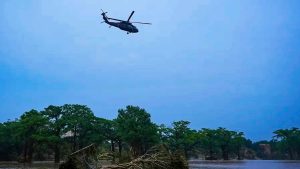
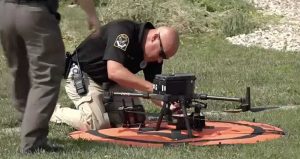

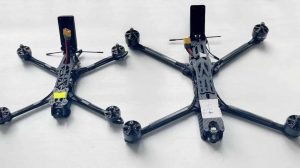
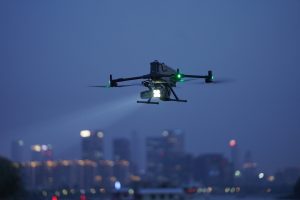

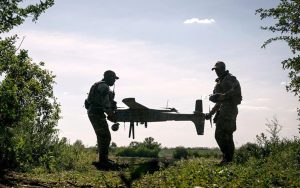
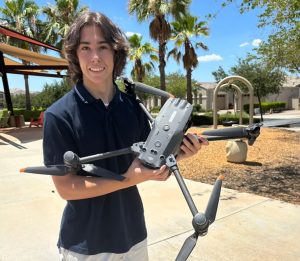
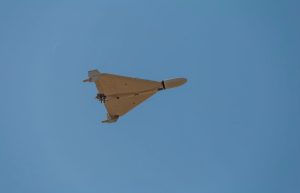
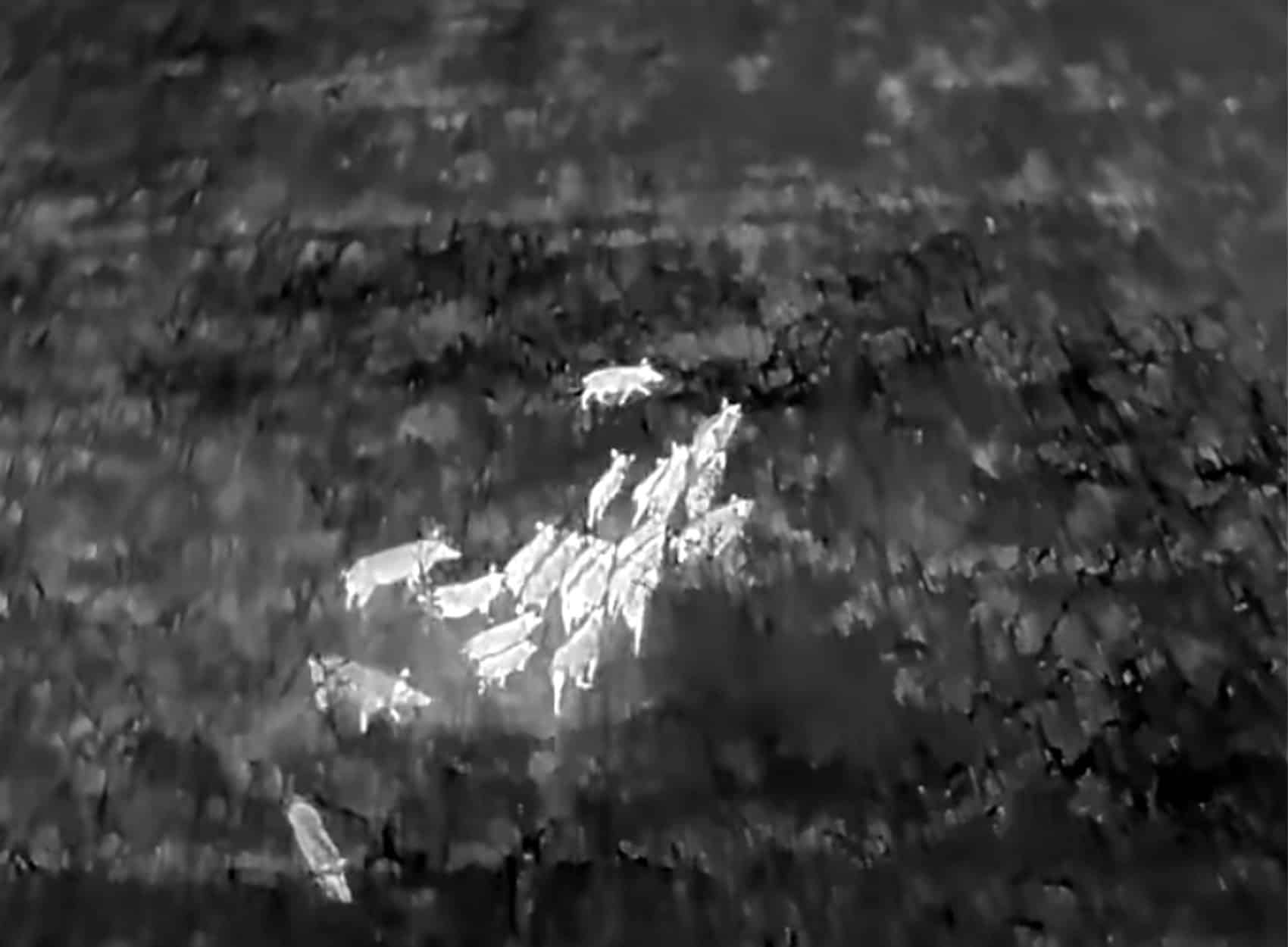

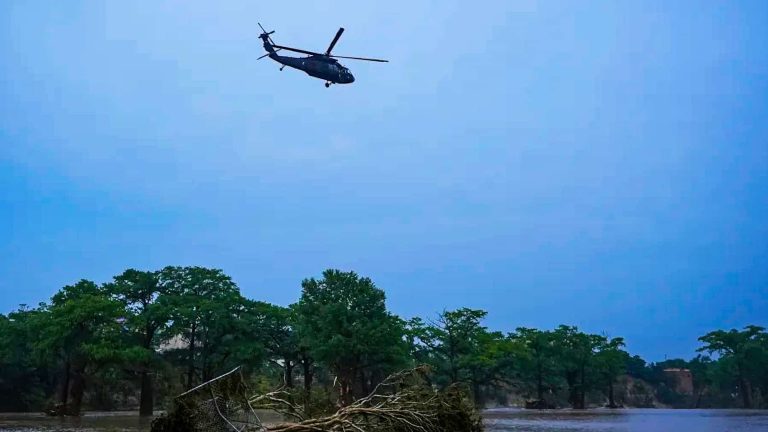
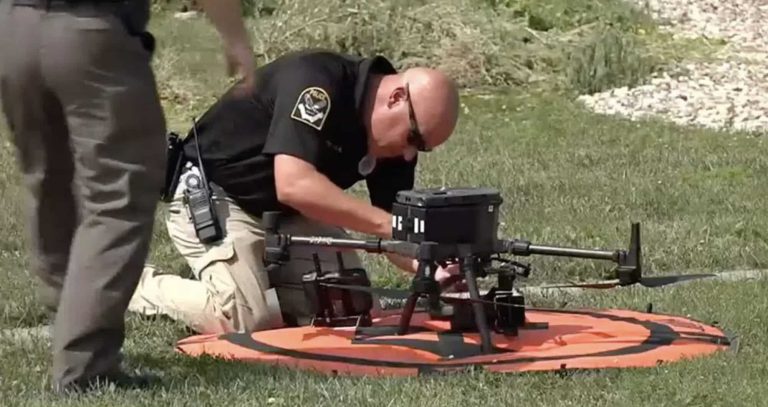

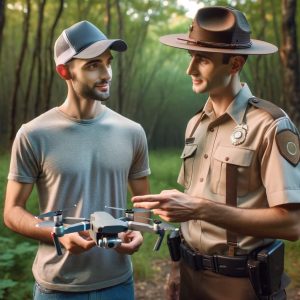

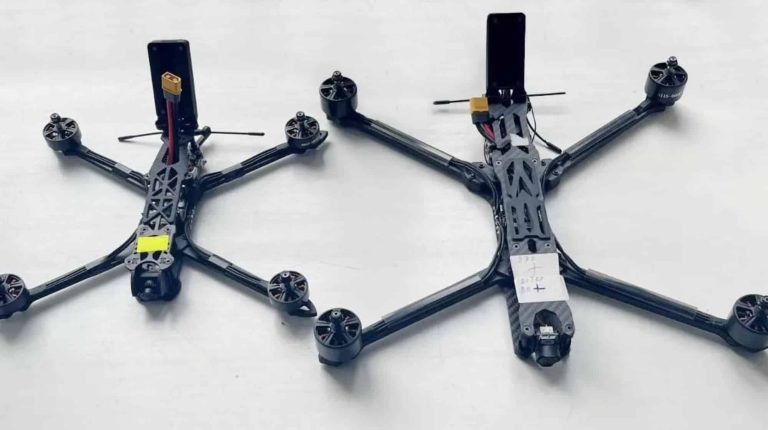
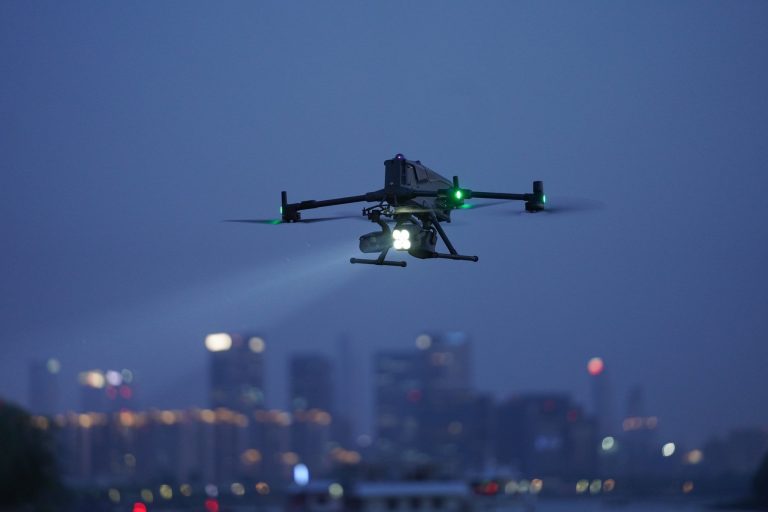

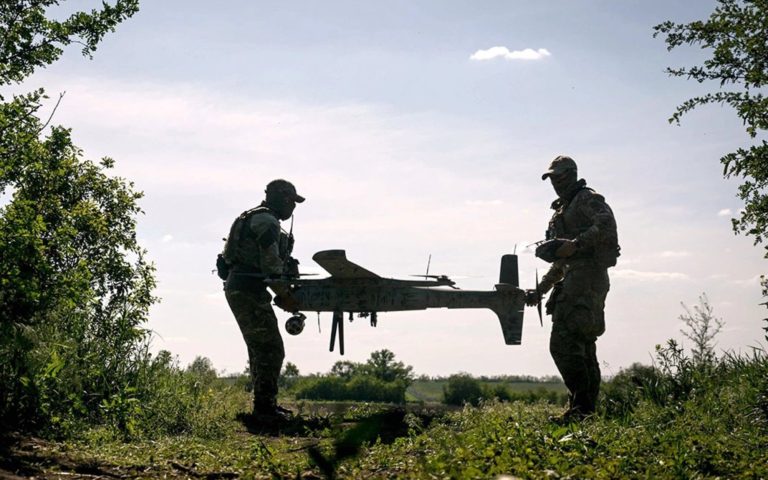
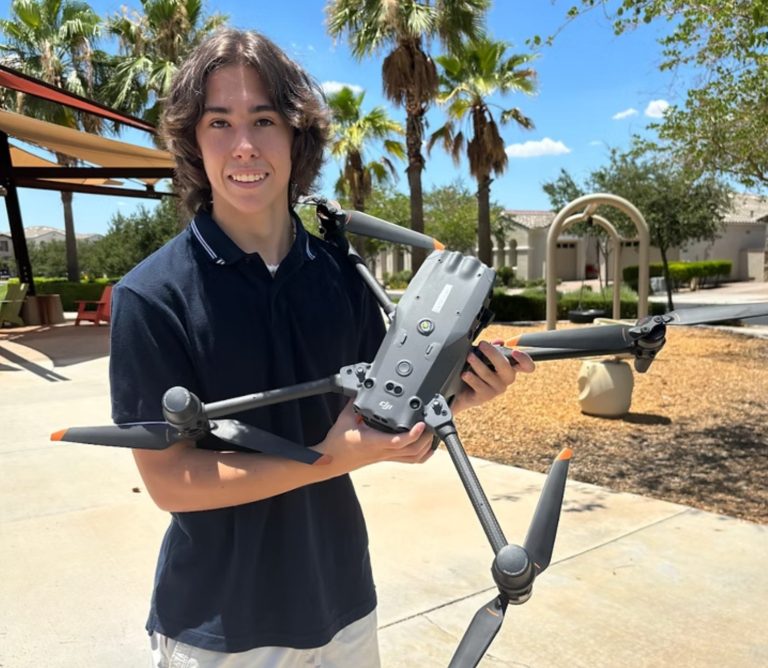
+ There are no comments
Add yours